

Nina Freeman is no stranger to the creation of short games that explore sexual topics, and Cibele doesn’t stray far from her current curriculum vitae. She plays the role of her 19-year-old-self in Cibele, a Steam game based on a true story that unfolds across three mediums: click-based gameplay, audio conversations, and video intermissions.
The game aims to relive the moments of a first love, sparked between Nina (who goes by the online name of Cibele) and another player named Ichi. Players will dive into Nina’s life at the time, exploring her computer files, old photos, and interacting with Ichi through an in-game MMORPG called Valtameri, which is loosely based on Final Fantasy Online.
The game jumps between clicking through an interactive computer, audio conversations during bouts of Valtameri, and real-life video cutscenes (which is where the game garners its mature recommendation). Cibele cycles between all three mediums repetitively as the story unfolds throughout three seperate acts, which span several months in 2009. The mesh of mediums doesn’t always work, however, and we were left feeling that Cibele could have been a better story hadn’t tried to cross streams between separate video only, audio only, and click-based content, which each come into focus at separate times.
It quickly becomes apparent that Cibele is much less of a game than it is an interactive film, and its worst parts are when it forces players to attempt the in-game MMORPG, Valtameri. As Cibele plays with Ichi, the characters are expected to go and defeat a bunch of grind-based enemies to lure out a final boss, with players following the same template over all three acts that Cibele brings to the table.
The gameplay is meant to be overshadowed by the ‘real-world’ conversations happening, but even for a simple background game, the AI struggled to follow the correct path, getting stuck on the corners of paths. The poor AI is an annoying lowpoint for the game, as the conversation slows down for the player to catch up and trigger an ending.
In contrast, the storytelling the game puts out through the interactive computer – outside of when it forces players into Valtameri – does a fantastic job in creating a setting where players can really get into Nina’s head. These portions, which allow players to explore her desktop computer and read everything from notes, photographs, and old website archives, paint a vivid picture of what life is like and has been like for the introverted 19 year old girl, and are easily the highlight of the game. The videos themselves help push the plot forward, but even for a $7 title, the handheld noisy DSLR footage could probably have been of higher quality.
At a young age, its shown that Nina was envious of her friends who could attract boys. As Ichi and Cibele’s relationship grows, he begins to compliment her more, and gamers can feel the tension growing between the two. The game may bring a sense of deja vu to the awkward high school days, and in a very real sense this is exactly what it’s trying to do. Nina’s feelings are valid, but it’s a shame that the game can’t provide any truly original, exciting, or memorable moments in its story. The narrative goes in a slow and predictable direction, ambles between three main plot points, shows the outro video, and then rolls the credits – all within an hour.
In short, Cibele is much more of an interactive movie than it is a game, but neither the plot nor gameplay engage on enough of a level to make the short title – which we finished in an hour – worth the $7 price it comes with. While we can appreciate that it’s based on a true story (and videogames could always use more female protagonists), it could have been presented in a much more engaging way to keep the pace going.
With the game giving such an importance on the audio of conversations and the inclusion of real-life video scenes, one wonders if Cibele would have been better off as a YouTube short, instead of forcing itself into an interactive medium. Nevertheless, the game still manages to be a somewhat enjoyable tale of first love, even if it feels like a ‘you had to be there for it’ story.
Cibele is currently available on Steam for Windows and Mac. Game Rant was provided with a download code for this review.

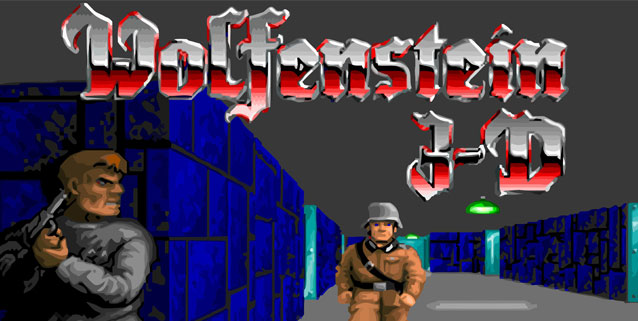
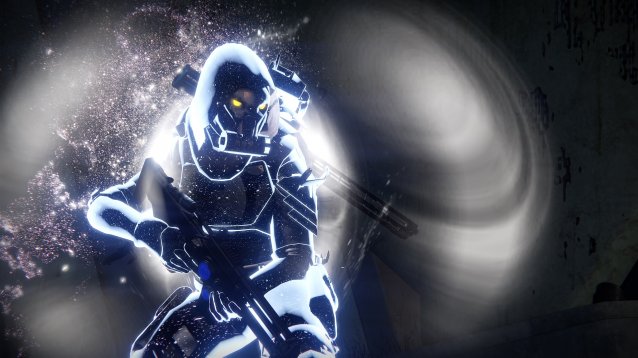
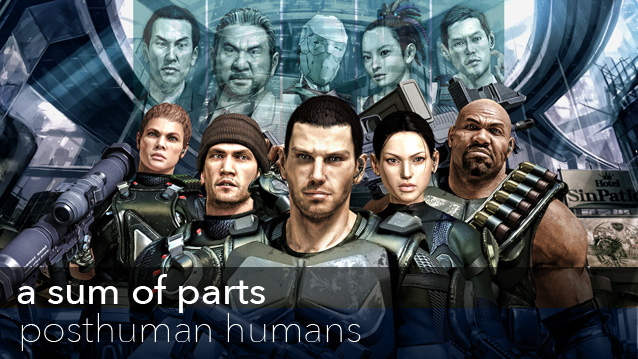
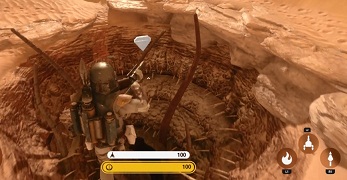 Star Wars Battlefront: Salvage Items / Collectible locations
Star Wars Battlefront: Salvage Items / Collectible locations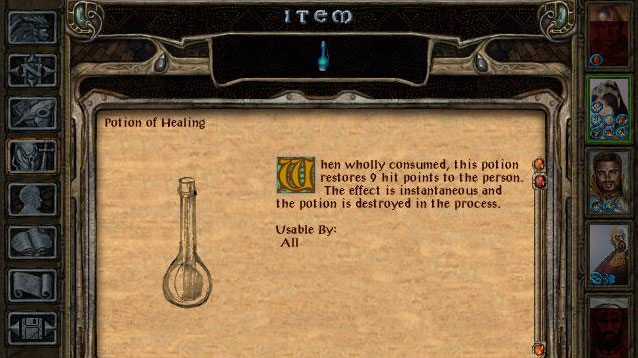 Undoing the Experience: 9 Bad Habits in RPGs
Undoing the Experience: 9 Bad Habits in RPGs Mario Kart Wii Guide
Mario Kart Wii Guide MGS 5: The Phantom Pain - Unlock Secret Mission 46
MGS 5: The Phantom Pain - Unlock Secret Mission 46 Supremacy MMA Game Guide
Supremacy MMA Game Guide